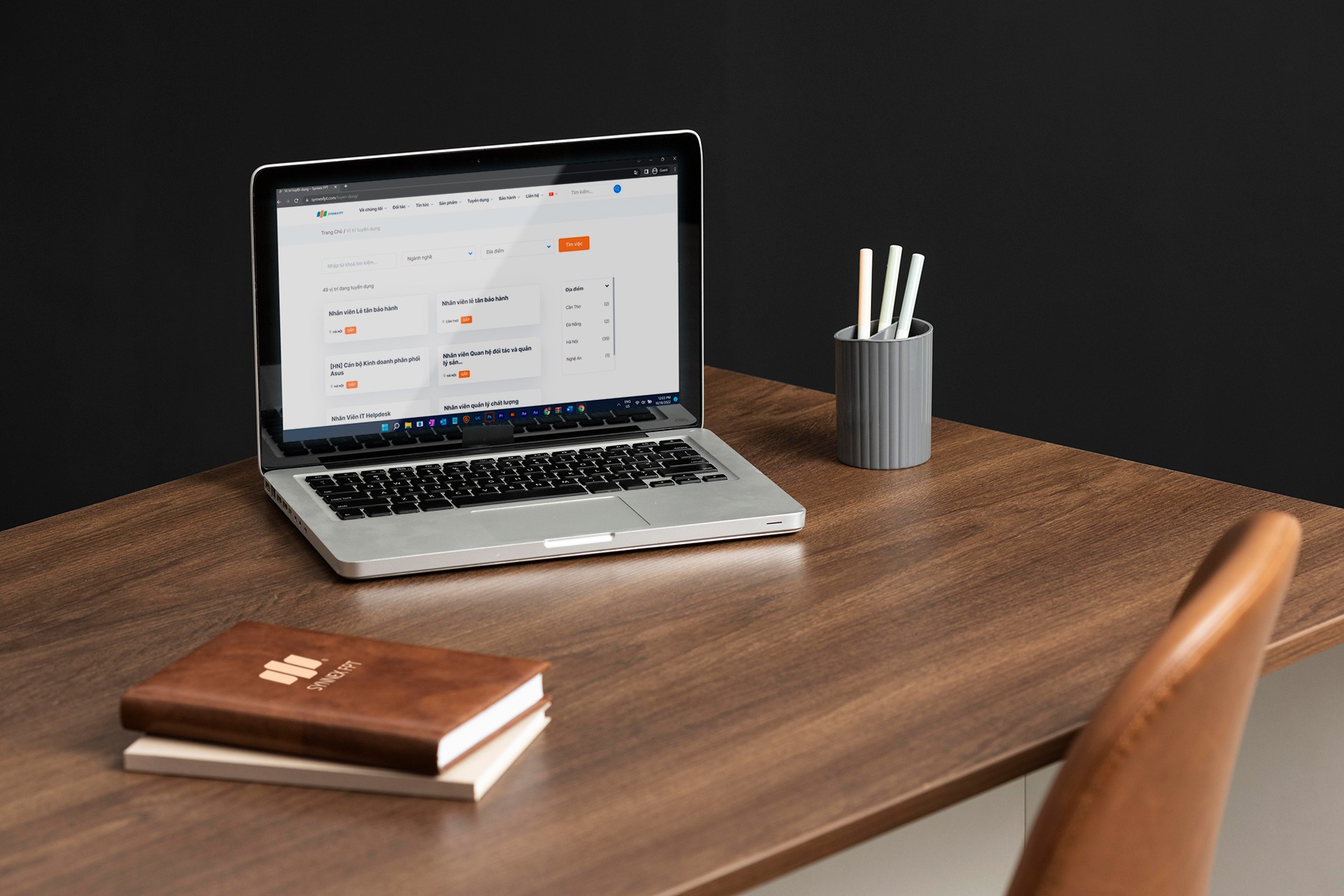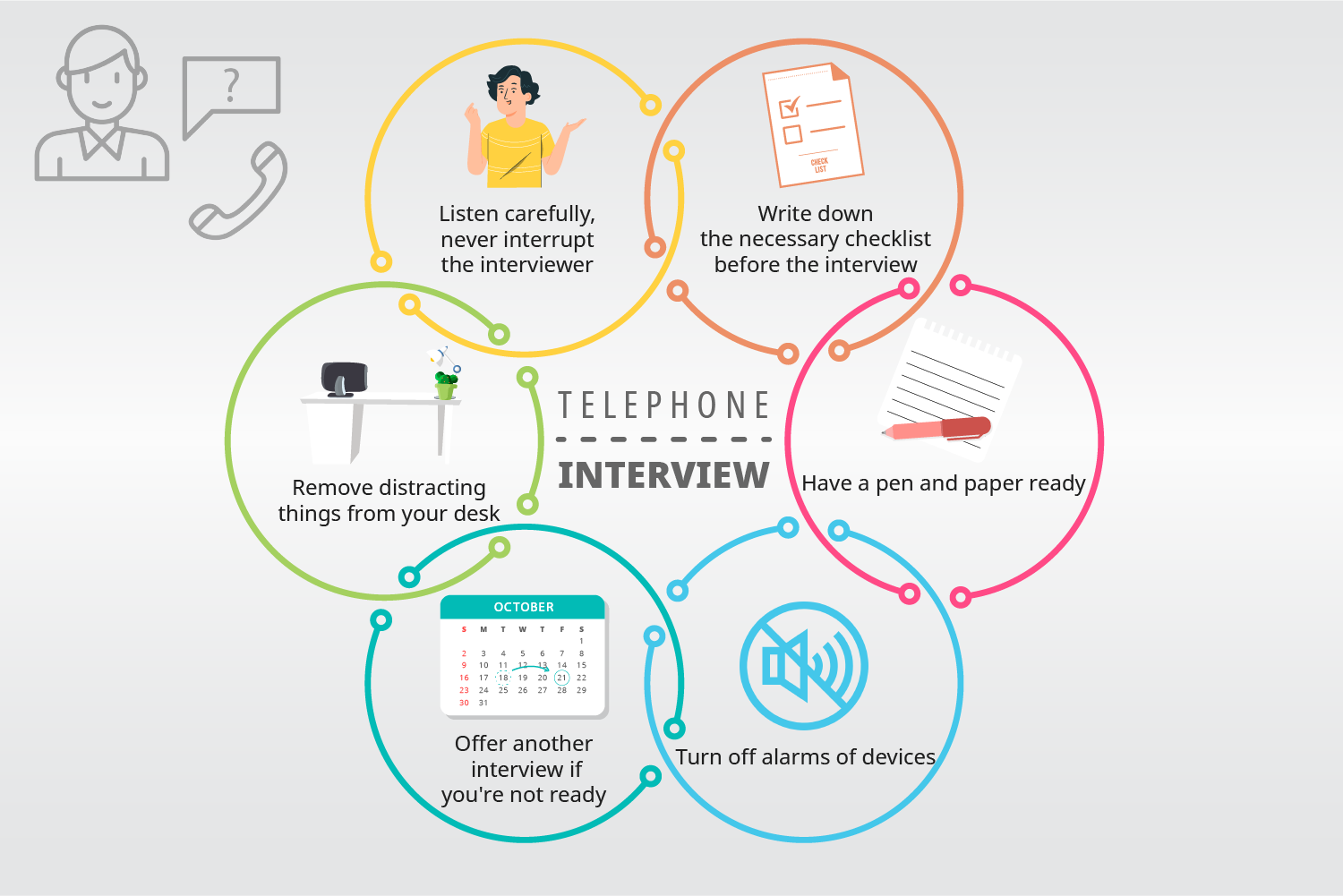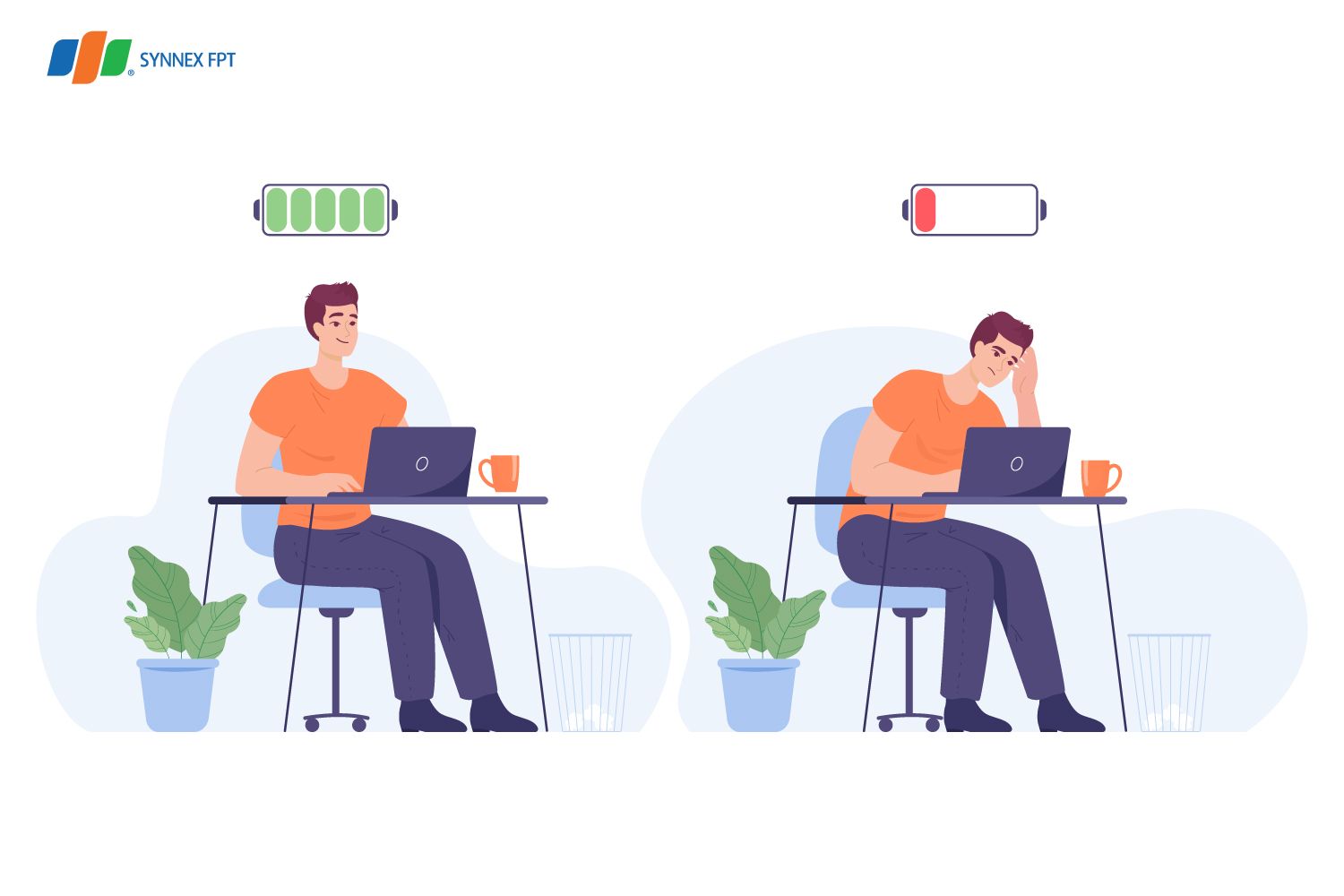While you’re job searching, it’s important to be prepared for a phone interview at a moment’s notice. Many companies start the interview process with a phone call to discuss the job opportunity with a prospective employee, determine whether the candidate is a good fit, and gauge their interest in the position. In some cases, a phone interview may be the only interview you’ll have.
In many cases, your interview will be scheduled in advance by email or phone. In others, you may receive a surprise phone call asking whether you’re available to chat about the job.
Why Companies Use Phone Interviews
Employers use telephone interviews as a way of identifying and recruiting candidates for employment. Phone interviews are often used to screen candidates to narrow the pool of applicants who will be invited for in-person interviews. A phone call is a relatively quick, low-effort way to determine whether a candidate is suitable.
They are also used to minimize the expense involved in interviewing out-of-town candidates. For remote positions, a phone interview may be the only option.

Companies Use Phone Interviews
How To Prepare for a Phone Interview
Before you get on the telephone to interview for a job, review these phone interview tips and techniques so you can ace the interview and make it to the next round.
Research the Company
If you have advance notice of the interview, make sure to review the job description and take the time to research the company.
Prepare in Advance
Prepare for a phone interview just as you would for a regular in-person interview. Compile a list of your strengths and weaknesses, as well as a list of answers to typical phone interview questions. In addition, have a list of questions ready to ask the interviewer.

Prepare for a Phone Interview
Show the Employer You’re a Match
Take the time to match your qualifications to the job description so that you can speak to why you’re a strong candidate for the position. Review your resume as well. Know the dates when you held each of your previous jobs, and what your responsibilities were.
Have Your Job Materials Nearby
You should feel comfortable and ready to discuss your background and skills confidently during a phone conversation. Have a copy of your resume nearby, so that you can refer to it during the interview. Also, have a copy of the job posting and a copy of your cover letter if you sent one.
Practice Interviewing
Talking on the phone isn’t as easy as it seems. As with an in-person interview, practice can be helpful. Not only will this help you rehearse answers to common phone interview questions, but it will also help you realize if you have a lot of verbal tics, fail to enunciate, or speak too quickly or too slowly.
For practice, have a friend or family member conduct a mock interview and record it so you can see how you sound over the phone. Once you have a recording, you’ll be able to hear your “ums” and “uhs” and “okays” so you can practice reducing them in your conversational speech. It will also help you spot if you have a bad habit of interrupting or rambling.
Additionally, listening to the recording will help you pinpoint answers that you can improve.
Get Ready for the Call
Before the call, confirm all the details, including the date, time, and who you will be talking to. Be sure you know whether the interviewer is calling you or if you need to make the call.
If something goes wrong and you miss the call, or the recruiter doesn’t call on time, take a deep breath and try to stay calm. You should be able to get the call back on track or reschedule if need be.

Get Ready for the Call
Tips for Acing a Phone Interview
Follow the interviewer’s lead. Some interviewers may wish to engage in a few minutes of small talk. Others may want to get right into the interview. Let the interviewer steer the beginning of the conversation, but be prepared to talk about the weather or make other small talk.
Listen carefully to the interviewer, and don’t start speaking until the interviewer finishes the question. If you have something you want to say, jot it down on your notepad and mention it when it’s your turn to talk. It can also be helpful to jot down the question (or at least some keywords).
Don’t worry if you need a few seconds to think of a response, but don’t leave too much dead air. If you need the interviewer to repeat the question, ask.
Have your resume handy. Keep your resume in clear view (either on the top of your desk, or tape it to the wall) so it’s at your fingertips when you need to answer questions.
Be prepared to take notes. Have a pen and paper handy for note-taking.
Don’t get interrupted. Turn off call waiting so your call isn’t interrupted. Put your cellphone on “Do not disturb” so you won’t hear beeps or buzzes from apps, text messages, and so on.
Reschedule if you need to. If the call wasn’t scheduled and isn’t at a convenient time, ask if you could talk at another time and suggest some alternatives.
Clean up the location you’re having the interview, or find a place that’s peaceful, tidy, and convenient for you.

Tips for Acing a Phone Interview
Follow Up After the Interview
As the interview winds down, make sure to thank the interviewer:
- Ask for the interviewer’s email address, if you don’t already have it.
- Send a thank-you email immediately, thanking the interviewer and reiterating your interest in the job.
- You can also use your thank-you note as a way to provide information on anything regarding your qualifications that you didn’t get a chance to mention during the phone interview.
When the interview is over, carefully review any notes you were able to take during the conversation. Jot down the types of questions you were asked, how you responded, and any follow-up questions you may have if you have an opportunity for an in-person interview or a second-round phone interview—or even a job offer.




